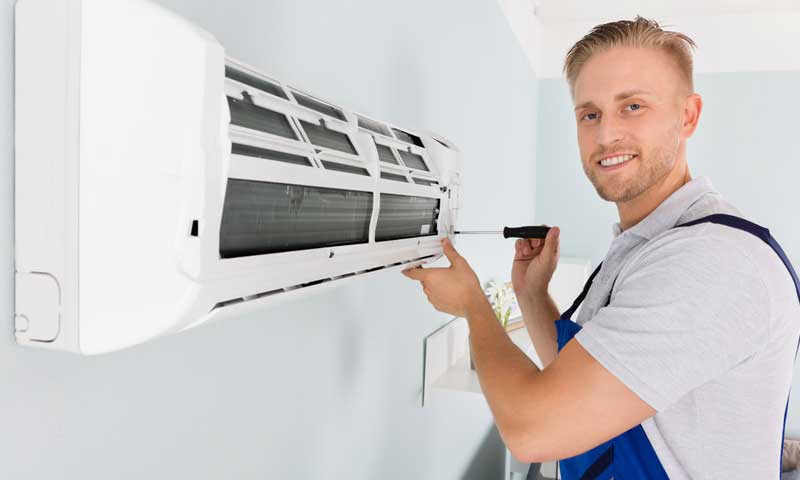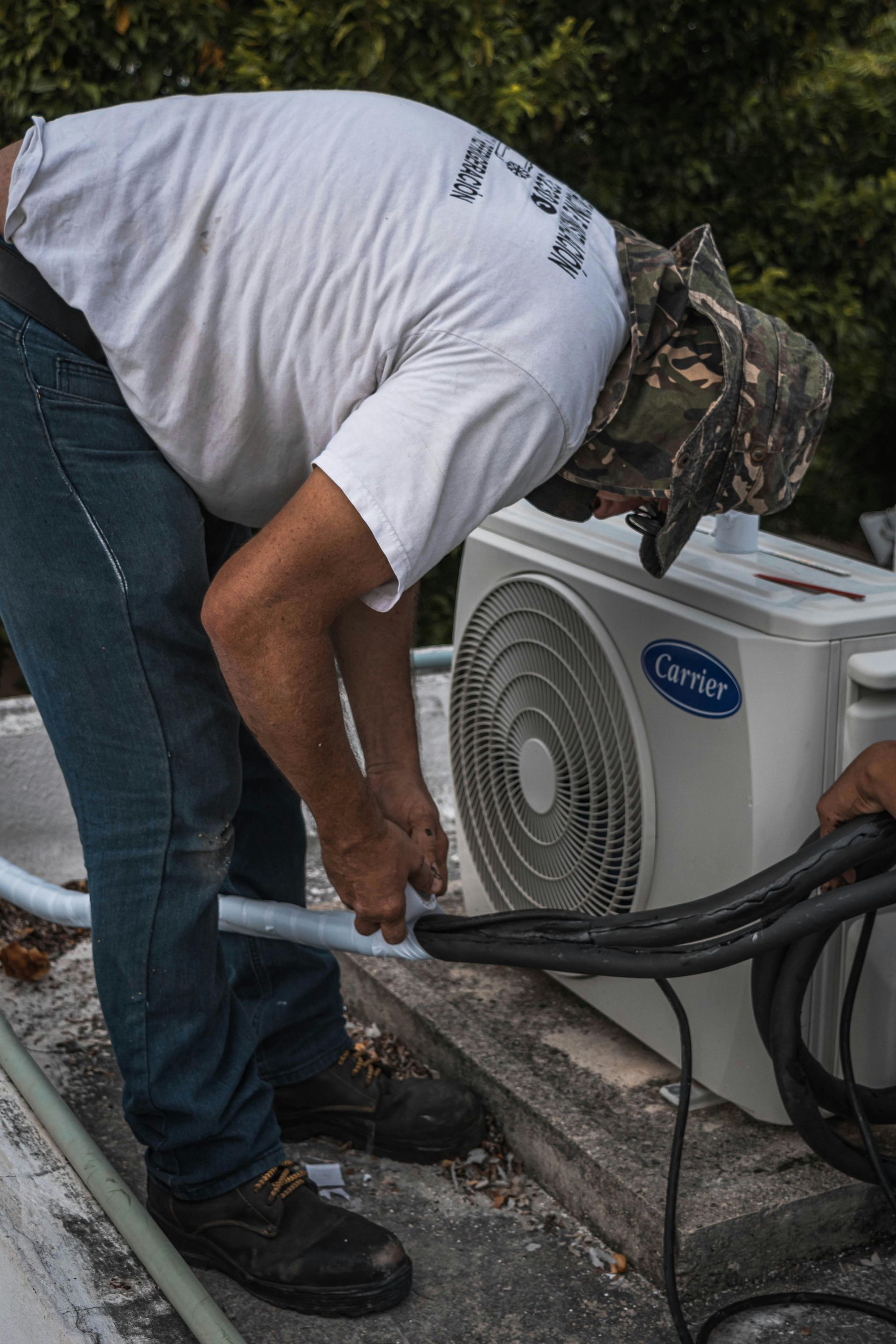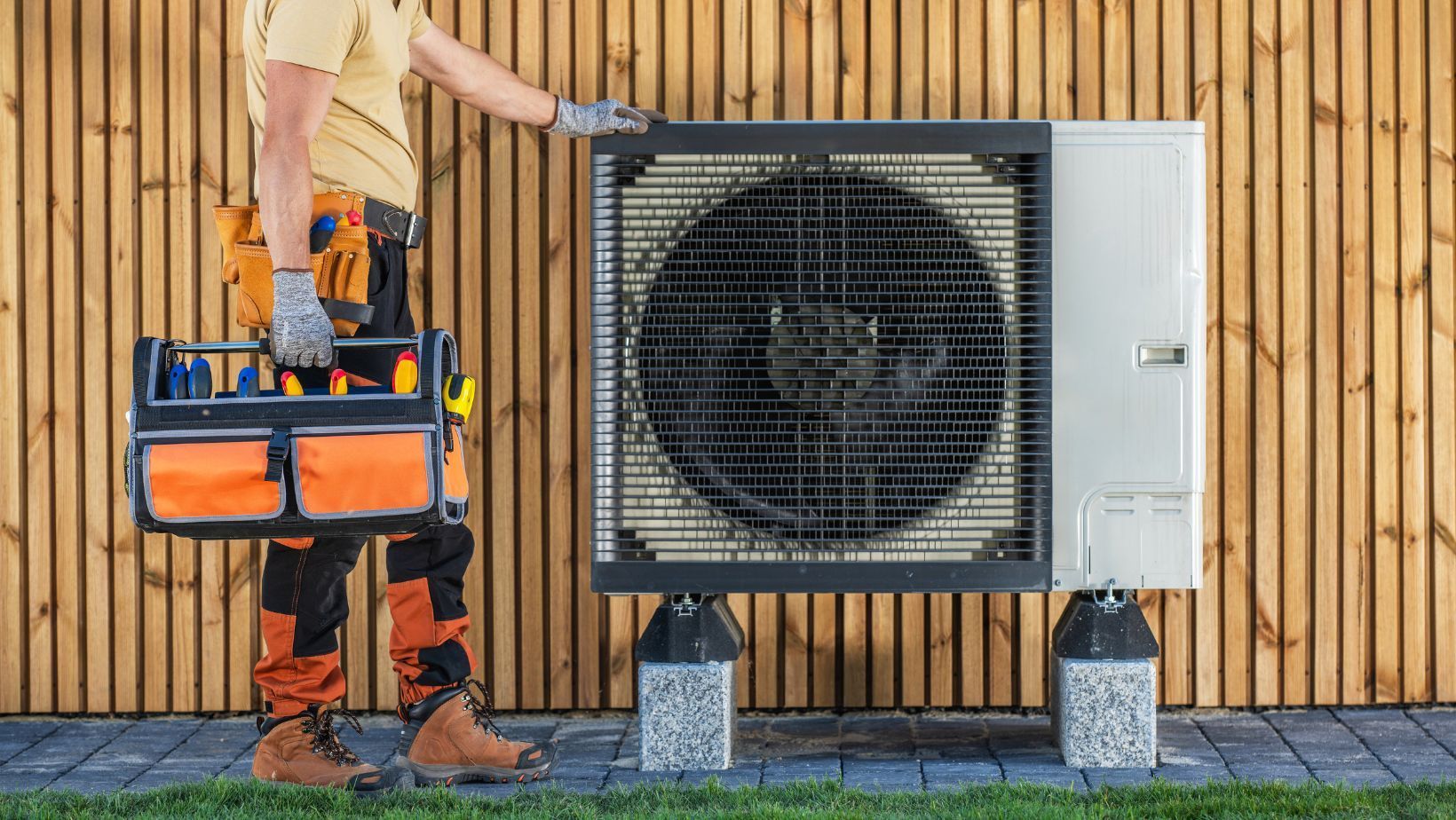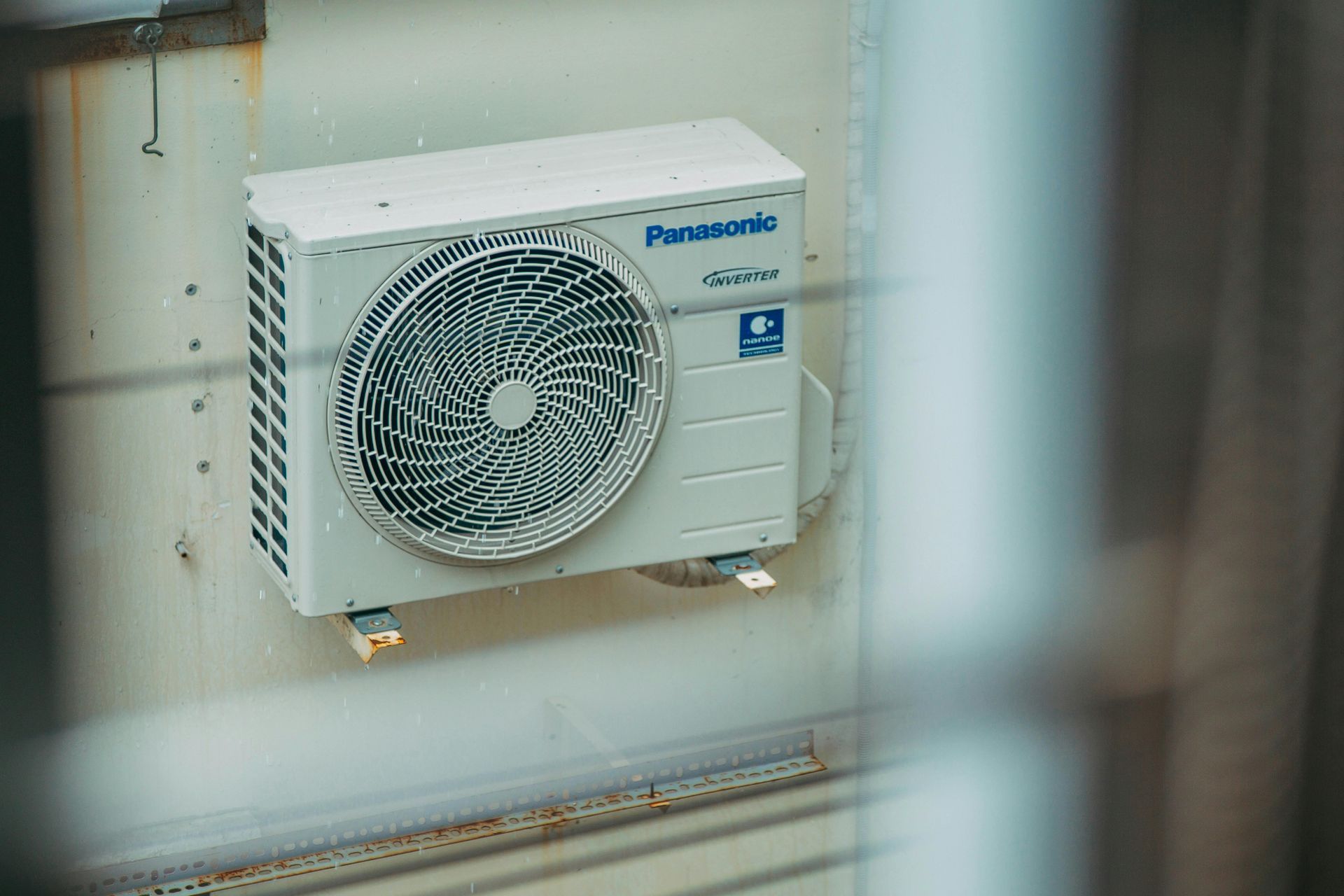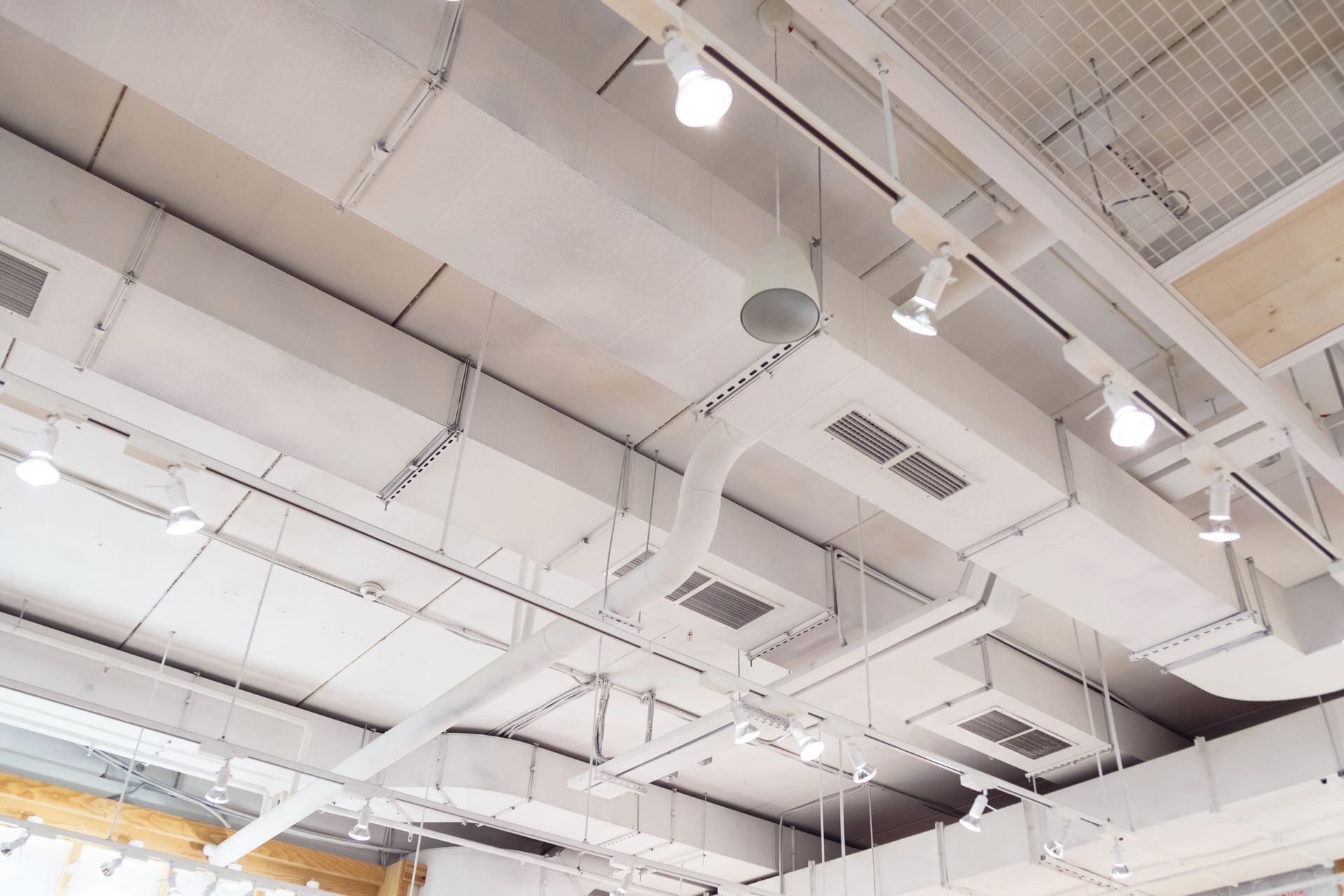Are Furnaces Bad For The Environment
Are Furnaces Bad For The Environment

Furnaces are a common home heating system that uses a fuel source, such as natural gas, oil, or propane, to produce heat. The heat is then circulated throughout a home using a system of ducts and vents.
Furnaces can be a convenient and efficient way to heat a home, but they also have an impact on the environment. It is important to consider this when deciding whether to use a
furnace.
While furnaces can be a convenient and efficient way to heat a home, they also have an impact on the environment, and it is important to consider this when deciding whether to use a furnace.
How Furnaces Work
The combustion process in a furnace involves burning a fuel, such as natural gas, oil, or propane, to produce heat. During this process, greenhouse gases are released into the atmosphere. These gases, such as carbon dioxide and methane, trap heat in the Earth's atmosphere and contribute to climate change.
Different fuel sources used in furnaces have varying environmental impacts. Natural gas is often considered the cleanest burning fossil fuel, producing fewer greenhouse gas emissions compared to oil or propane.
However, the extraction and transportation of natural gas can have negative environmental impacts, including air and water pollution and harm to wildlife. Oil and propane have higher greenhouse gas emissions per unit of energy compared to natural gas, and the extraction and transportation of these fuels also have environmental impacts.
When choosing a furnace, it is important to consider the environmental impact of the fuel source. While natural gas may have lower emissions during the combustion process, the overall environmental impact may be higher if the fuel has to be transported over long distances or extracted through processes that have negative environmental consequences.
Environmental Impacts Of Furnaces
Greenhouse gases, such as carbon dioxide and methane, are released during the combustion process in a furnace. These gases trap heat in the Earth's atmosphere and contribute to climate change.
The amount of greenhouse gases released during combustion depends on the fuel source used. Natural gas has lower emissions compared to oil or propane, but all fossil fuels contribute to greenhouse gas emissions and climate change.
Furnaces also have the potential to contribute to air pollution. The combustion process can release particulate matter and other pollutants into the air, which can have negative health impacts.
In addition, the extraction and transportation of fuel for furnaces can contribute to air pollution. For example, the transportation of oil or propane by tanker ships or railcars can result in accidental spills, which can harm the environment and wildlife.
The environmental impacts of extracting and transporting fuel for furnaces should also be considered. The extraction of fossil fuels, such as oil and natural gas, can have negative impacts on the environment, including habitat destruction and water pollution.
The transportation of fuel, whether by pipelines or tanker ships, also has the potential for accidents and spills, which can harm the environment and wildlife.
Alternatives To Furnaces
There are alternative home heating options to traditional furnaces that may have less impact on the environment. Geothermal systems and heat pumps are two examples of these alternatives.
Geothermal Systems
It uses the Earth's natural heat to provide warmth for a home. They work by circulating water or another fluid through underground pipes and using the Earth's constant temperature to heat or cool a home.
Geothermal systems have the potential to significantly reduce greenhouse gas emissions compared to traditional furnaces because they do not rely on fossil fuels. They are also generally more efficient and have lower operating costs.
Heat Pumps
They are another alternative to traditional furnaces. They work by transferring heat from the air or ground outside to the inside of a home. Like geothermal systems, heat pumps do not rely on fossil fuels and have the potential to reduce greenhouse gas emissions significantly. They are also generally more efficient and have lower operating costs compared to traditional furnaces.
While geothermal systems and heat pumps may have environmental benefits compared to traditional furnaces, they can also be more expensive to install. It is important to consider the upfront and long-term operating costs when comparing different home heating options.
Additionally, it is important to consider the availability of these alternatives in your area and whether they are suitable for your home.
Conclusion
Furnaces have an impact on the environment due to the greenhouse gases released during the combustion process and the environmental impacts of extracting and transporting fuel. While natural gas may have lower emissions compared to oil or propane, the overall environmental impact should be considered when choosing a furnace.
It is important to consider the environment when choosing a home heating system. Alternative options, such as geothermal systems and heat pumps, have the potential to reduce greenhouse gas emissions significantly and have lower operating costs.
However, it is important to research and compares different options to find the most environmentally-friendly solution for your home. This may require considering the upfront cost of installation, the long-term operating costs, and the availability of different options in your area.
By considering the environment and researching your options, you can make an informed decision that helps protect the planet while keeping your home warm and comfortable.
Learned something and considering buying a furnace in London, Ontario? Contact us and find out more.
